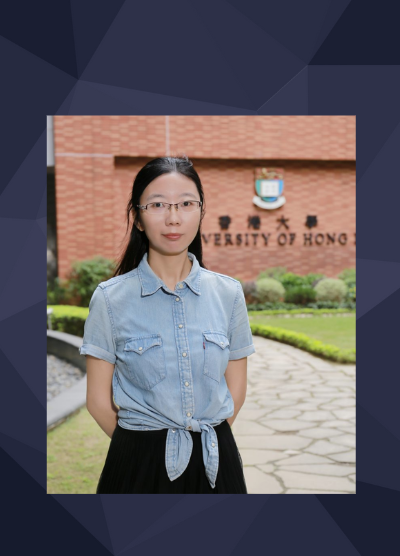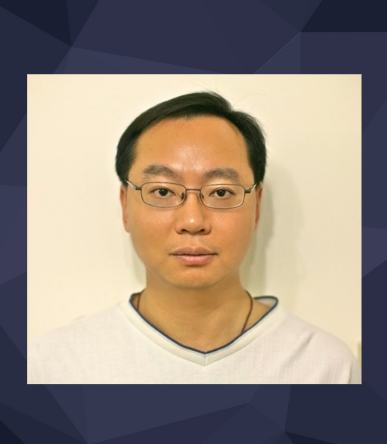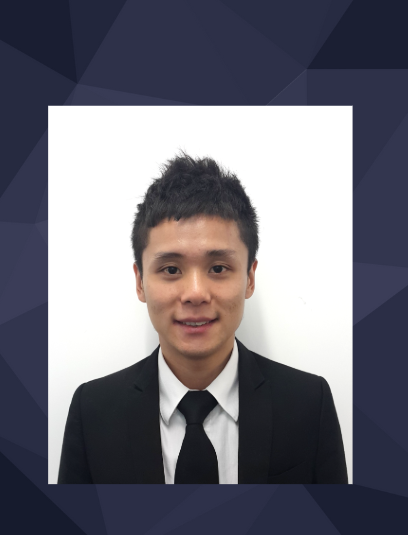Young Scholar TechTalk – Empowering Pervasive Healthcare: Mobile Analytics Systems Leveraging Multimodal Data
June 11 2024 (Tuesday) 4:30-5:30pm
Pervasive healthcare, also sometimes referred to as ubiquitous healthcare, is a research field that focuses on developing healthcare solutions that are seamlessly integrated into everyday life, making healthcare services available anytime and anywhere. It merges concepts from pervasive computing with health and wellness care to create solutions that are woven into the daily routines of individuals. In light of the increasing availability of diverse data sources, such as user-environment contexts and ambient sensor signals, this talk will explore the new challenges and opportunities in developing mobile analytics systems to empower pervasive healthcare. We will begin by introducing these challenges and opportunities, followed by presenting two mobile analytics systems designed for personal and public health. These systems illustrate how mobile analytics can enhance pervasive healthcare. Finally, we will discuss future directions for integrating mobile analytics into the pervasive healthcare landscape.










